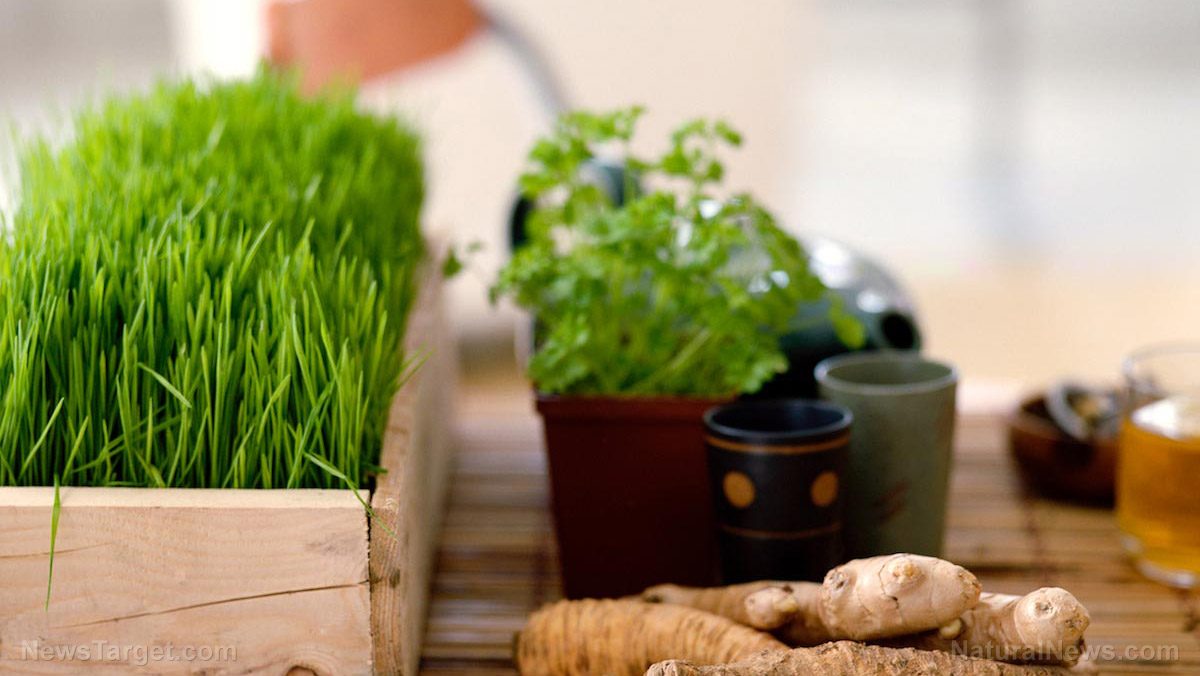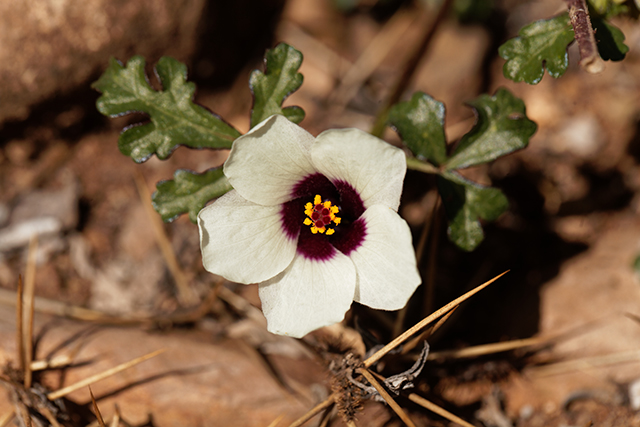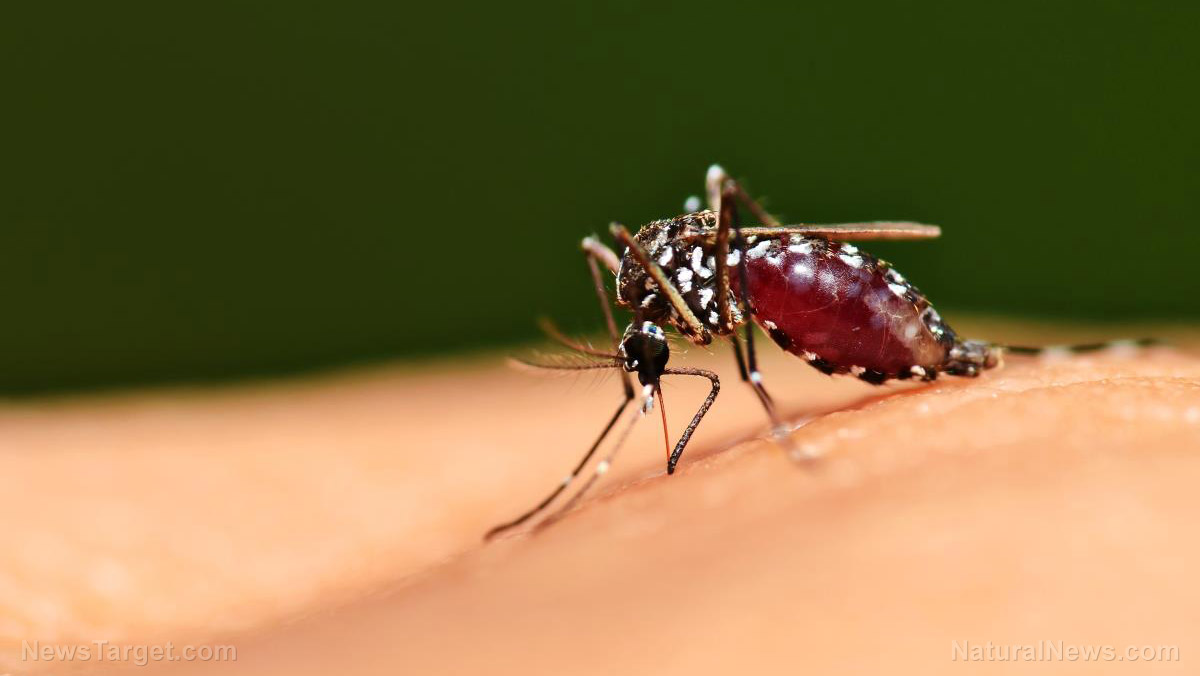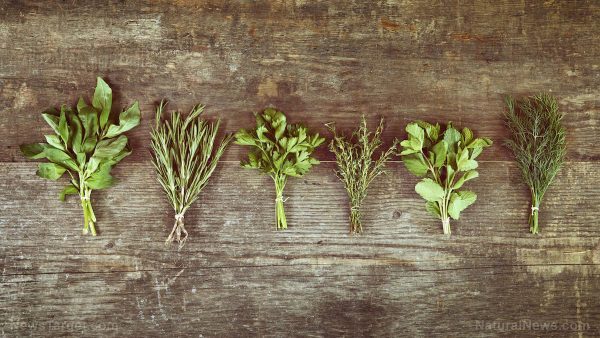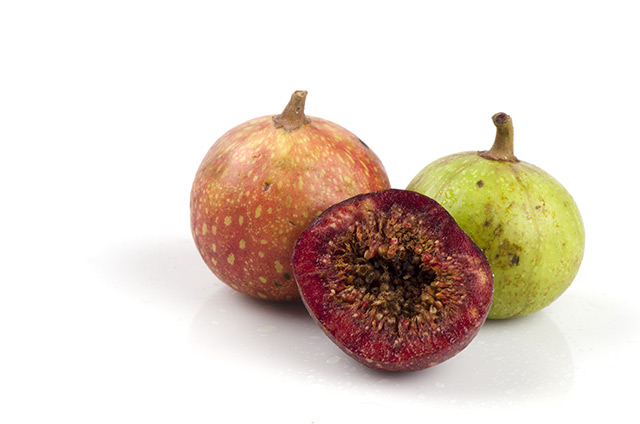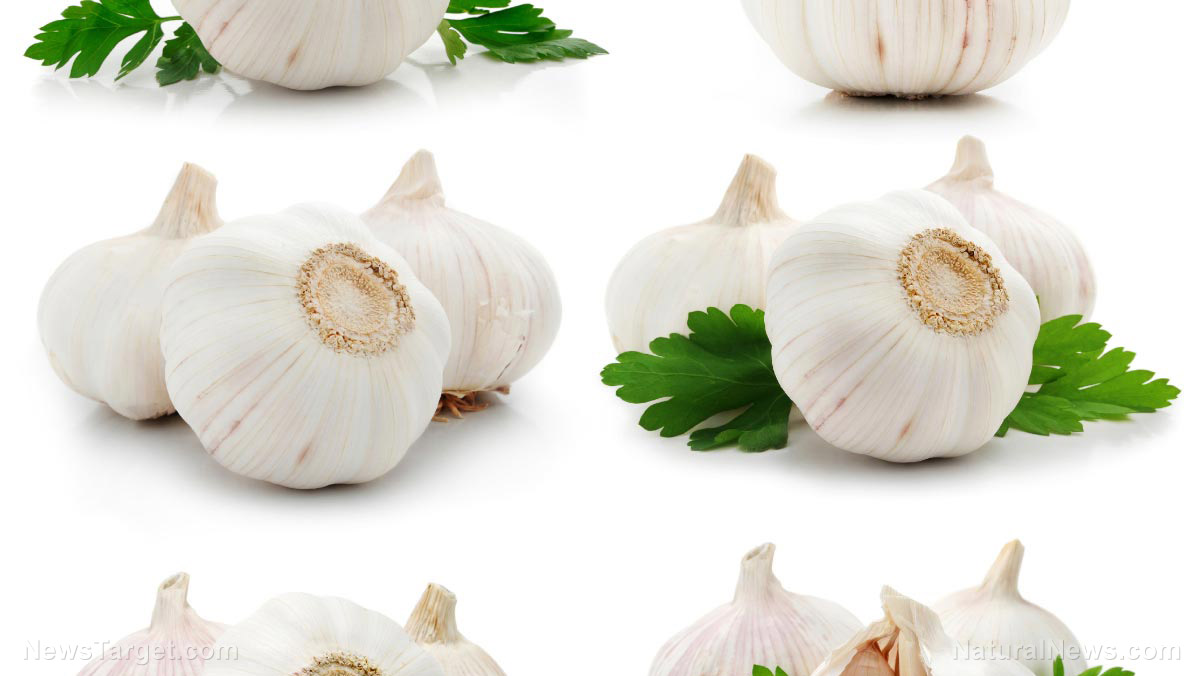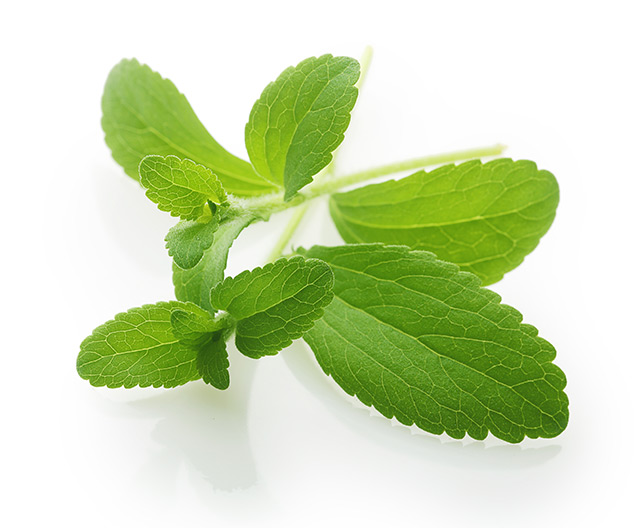07/02/2018 / By Ralph Flores
An analysis of medicinal plants widely used in folk medicine in Pakistan indicates that these contain a significant amount of phenols, flavonoids, and flavonols – which are able to provide multiple benefits. The study was published in BMC Complementary and Alternative Medicine.
- Four plant species were identified in the study – Aristolochia indica, Melilotus indicus, Tribulus terrestris, and Cuscuta pedicellata. These plants have been used in villages around South Punjab in Pakistan.
- In the study, the team looked at the antioxidant activity and the phytochemical composition of the plants, as well as its antibacterial, antifungal, cytotoxic, and anti-inflammatory potential.
- The plants underwent multiple chemical assays to evaluate their physicochemical properties. In particular, the plants were subjected to DPPH and H2O2 to determine their antioxidant ability.
- Extracts were derived from the plants and were tested for their antibacterial potential. These were subjected to Staphylococcus aureus, Pseudomonas aeruginosa, Klebsiella pneumonia and Acinetobacter baumannii. Their antifungal, anti-inflammatory, and cytotoxic properties were tested as well.
- Researchers found that extracts from the stem of C. pedicellata and the fruit of T. terrestris had the highest levels of phenols, flavonoid, and flavonol, compared with other plant species. The two also demonstrated the strongest antioxidant potential from the DPPH and hydrogen peroxide assays. Together with the extract from the leaf of T. terrestris, the extracts were able to inhibit bacterial growth from A. baumannii, S. aureus, and K. pneumonia and display antifungal properties.
The findings of the study revealed that both C. pedicellata and T. terrestris could potentially have antimicrobial, antioxidant, cytotoxic and anti-inflammatory properties.
Read the full text of the study at this link.
Journal Reference:
Naz R, Ayub H, Nawaz S, Islam ZU, Yasmin T, Bano A, Wakeel A, Zia S, Roberts TH. ANTIMICROBIAL ACTIVITY, TOXICITY AND ANTI-INFLAMMATORY POTENTIAL OF METHANOLIC EXTRACTS OF FOUR ETHNOMEDICINAL PLANT SPECIES FROM PUNJAB, PAKISTAN. BMC Complementary and Alternative Medicine. 8 June 2017;17. (302). DOI: 10.1186/s12906-017-1815-z
Receive Our Free Email Newsletter
Get independent news alerts on natural cures, food lab tests, cannabis medicine, science, robotics, drones, privacy and more.

